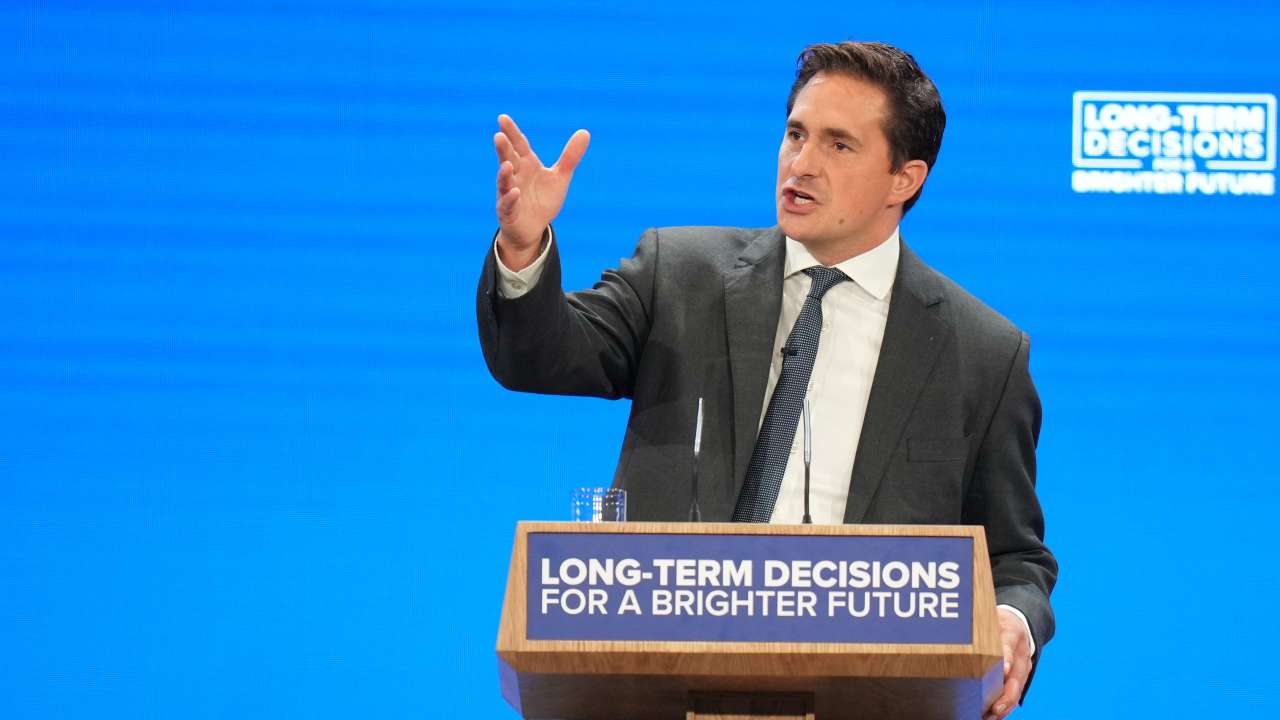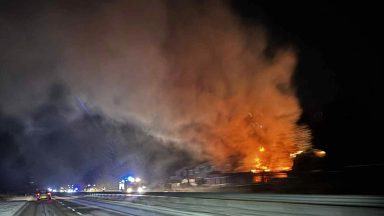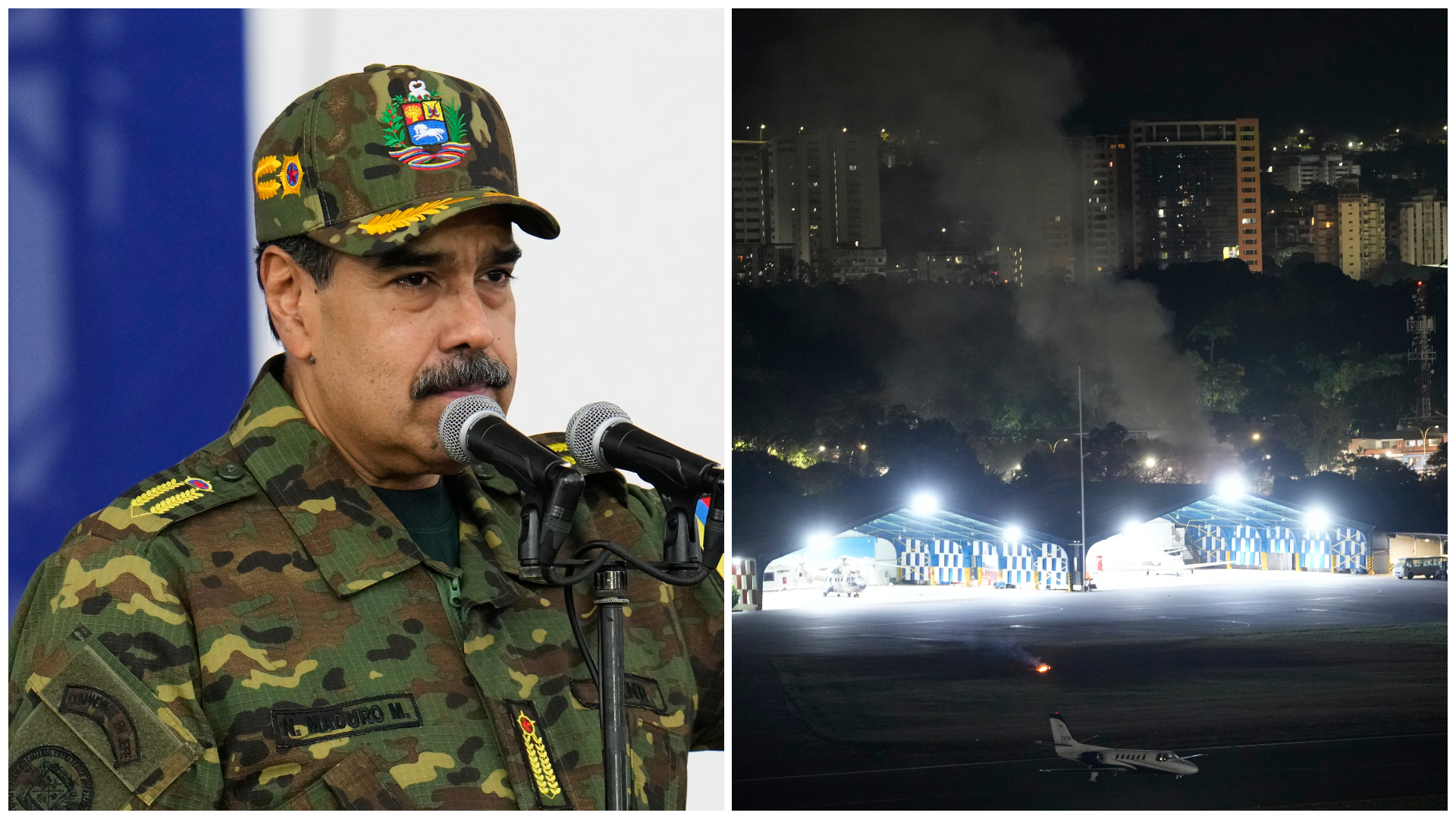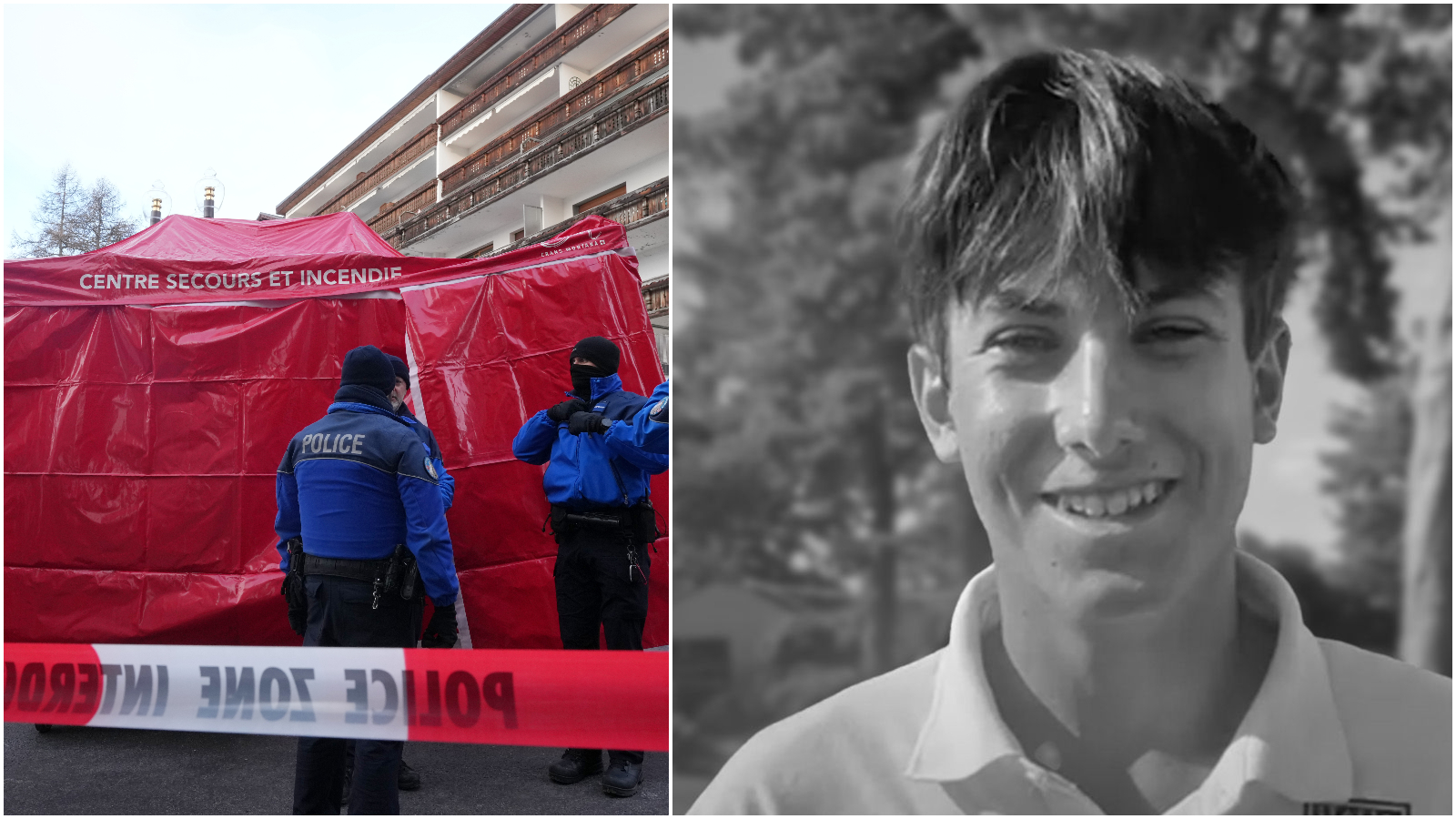Government minister Johnny Mercer has been told her could face jail if he fails to provide key information to an enquiry on whether British special forces murdered civilians in Afghanistan, Political Reporter Jasmine Cameron-Chileshe explains
Veteran’s Minister Johnny Mercer has been ordered to name those who told him about alleged special forces murders in Afghanistan, or potentially face prison.
The chairman of the Afghanistan inquiry, Sir Charles Haddon-Cave has given Mercer until April 5 to reveal the names, telling him “you need to decide which side you are really on.”
When Mercer gave evidence to the inquiry last month, the chairman told him his decision to “refuse to answer legitimate questions… at a public inquiry” were “disappointing… surprising… and completely unacceptable”.
His words came after Mercer repeatedly refused to hand over names of “multiple officers” who told him about allegations of murder and a cover-up during his time as a backbench MP.
Providing his reasons for not disclosing the names, he told counsel to the inquiry Oliver Glasgow KC last month: “I am not prepared to burn them”.
“The one thing you can hold on to is your integrity and I will be doing that with these individuals.”
Mr Glasgow put it to him that failing to provide the names of those who told him the information would “considerably hamper” the inquiry’s work.
Mercer said the information was revealed to him in “private conversations”
The Afghanistan inquiry is looking at killings of unarmed civilians by UK special forces during night raids throughout the war, from mid-2010 to mid-2013.
Afghan families have accused UK special forces of conducting a “campaign of murder” against civilians, while senior officers and personnel at the Ministry of Defence “sought to prevent adequate investigation”.
The inquiry said Mercer was served with a Section 21 notice on March 13, compelling him to hand over the names, which the inquiry have insisted will be “treated in confidence”.
In the order, the chairman said the consequences of failing to comply without reasonable excuse would be “a criminal offence punishable with imprisonment and/or a fine.”
Sir Charles also said the High Court could enforce the order through contempt of court proceedings, which “may result in imprisonment”.
The judge also said if Mercer believed it was unreasonable for him to hand over the names, or if he was unable to comply with the order, he would have to make submissions in writing by April 3.
Mercer is himself a former solider who did three tours of Afghanistan.
The chairman previously told the minister: “You need to decide which side you are really on, Mr Mercer.
“Is it assisting the inquiry fully… and the public interest and the national interest in getting to the truth of these allegations quickly, for everyone’s sake, or being part of what is, in effect … a wall of silence – and this wall of silence is obstructing the inquiry and access to the truth.
“And doing so because of, if I may say so, a misguided understanding of the term integrity and an inappropriate sense of loyalty.”
Mercer told the inquiry in February he was “desperate” to disprove a cover-up of alleged murders by UK special forces in the war-torn nation but was “unable” to do so.
“I have been desperate for some sort of evidence to disprove these allegations because I don’t want to believe them, I don’t want to believe them from that unit.
“I have friends who were killed in operations, I have friends who were never the same person again after Afghanistan.
“And I don’t want to believe it, but at every stage I have tried to find something to disprove these allegations but I have been unable to.”
Mercer also told the inquiry a friend of his said he had been asked to carry a “dropped weapon” – which is weapon that could be used to put next to the body of an unarmed Afghan to make it look as if they had been armed when they were killed.
Follow STV News on WhatsApp
Scan the QR code on your mobile device for all the latest news from around the country




























